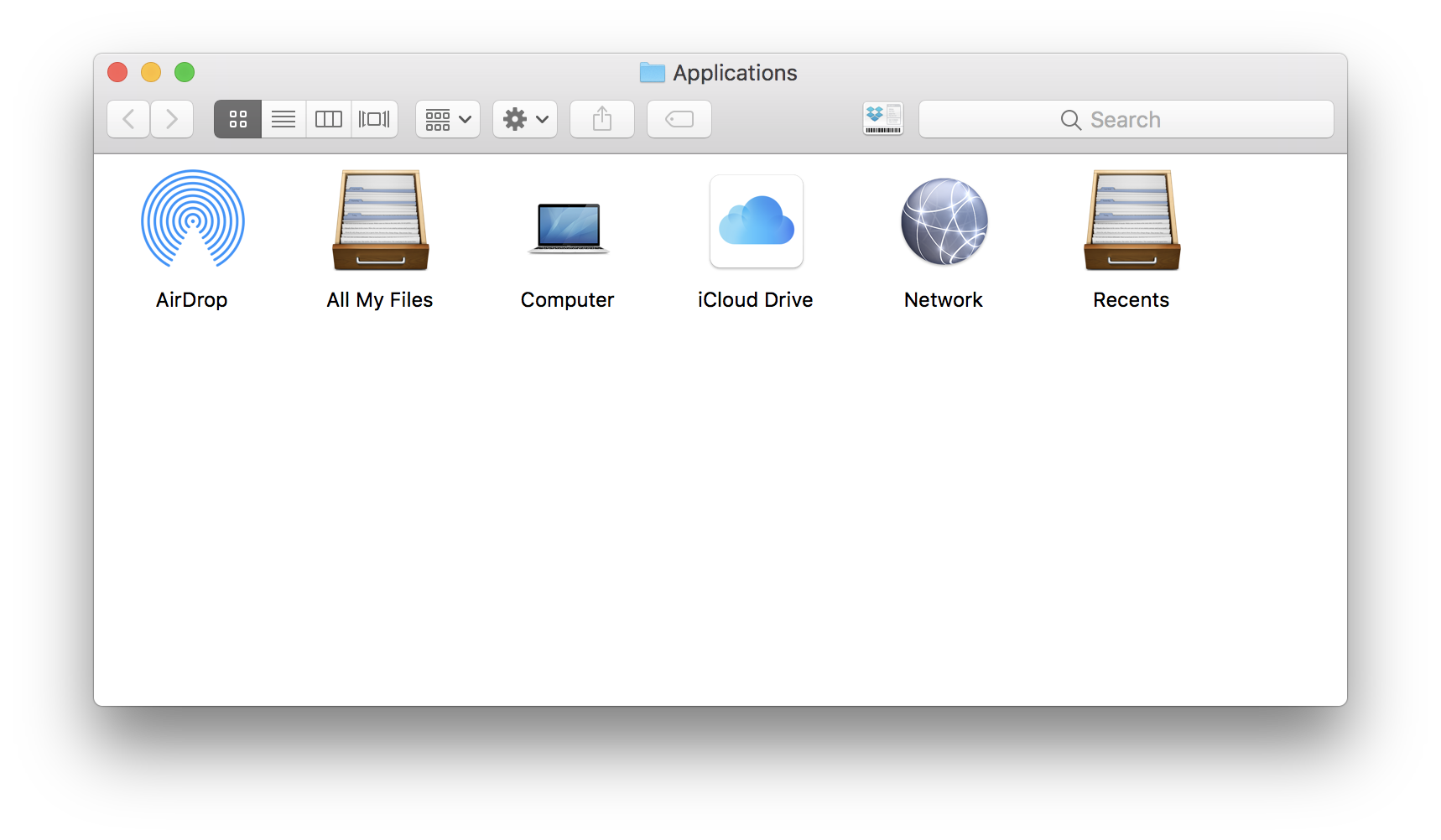Go ahead, read the whole article, but first I have to highlight this trend which is especially interesting:
Whereas 66% of this demographic agreed with the statement “social media is important to me” in 2016, only 57% make this claim in 2018. As young people increasingly reject social media, older generations increasingly embrace it: among the 45-plus age bracket, the proportion who value social media has increased from 23% to 28% in the past year, according to Ampere’s data.
I’ve seen this happening in my immediate environment as well in the last couple of years. Older people are getting on Facebook more and more, while younger ones are getting off. What’s more interesting is that older ones are started to behave a bit different: they’re seemingly more gossipy, as they’re following their friends’ everyday life more closely. Also, it’s sad to see how quickly some of them got hooked on stupid crap like fake news, politics, hoaxes and joined these type of groups.
I assume there is whole new world opened for some of them, but it seems like they have no idea about the negative privacy and mental implications of using social media (yet).
Meanwhile, I know people from the other side as well, those who refuse to use it. But their primary reason for skipping it is not valuing privacy, but time wasted mindless scrolling on Facebook.
